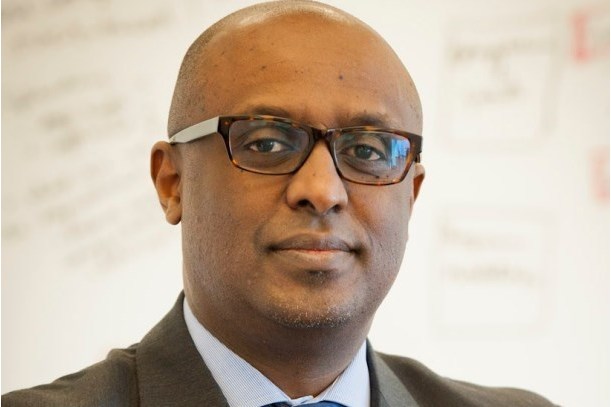Latest News
Sub-Saharan Africa to record modest growth recovery in 2017 – IMF

News Highlight
IMF said the challenges facing sub-Saharan African countries require strong and urgent policy actions to restart growth where it has faltered and preserve the momentum elsewhere.
The International Monetary Fund has projected that sub-Saharan Africa would record a modest growth recovery of 2.6 percent in 2017 after the region grew by just 1.4 percent last year owing to the slump in commodity prices.
In its Regional Economic Outlook released today, the IMF said the rebound in growth will be driven by one-off factors in the region’s three largest countries – a recovery in oil production in Nigeria, higher public spending ahead of elections in Angola, and the fading of drought effects in South Africa – combined with modest improvements in their terms of trade.
“The overall weak outlook partly reflects insufficient policy adjustment,” said Abebe Aemro Selassie, Director of the IMF’s African Department. “The delay in implementing much needed adjustment policies is creating uncertainty, holding back investment, and risks generating even deeper difficulties in the future.”
The IMF Director said adjustment has been delayed in resource-intensive economies, such as Angola, Nigeria, and the countries of the Central African Economic and Monetary Union (CEMAC) who are still struggling to deal with the budgetary revenue losses and balance of payments pressures.
For non-oil producers such as Ivory Coast, Kenya, and Senegal, the IMF said growth is expected to remain strong at over 5 percent but vulnerabilities such as rising public debt are starting to emerge.
“Vulnerabilities are also emerging in many non-resource-intensive countries. While they have generally continued to record high growth rates, they have also maintained elevated fiscal deficits for a number of years as their governments rightly sought to address social and infrastructure gaps. As a result, fiscal and external buffers are declining and public debt is on the rise,” Selassie noted.
The Washington D.C.-based lender said the challenges facing sub-Saharan African countries require strong and urgent policy actions to restart growth where it has faltered and preserve the momentum elsewhere.
For the hardest-hit countries such as Nigeria, the IMF said strong fiscal consolidation is required, with an emphasis on revenue mobilization. In addition, where available, greater exchange rate flexibility and the elimination of exchange restrictions will be important to absorb part of the shock.
For countries where growth is still strong, the IMF emphasized the need to address emerging vulnerabilities from a position of strength, including by shifting the fiscal stance toward gradual consolidation.
According to the Regional Economic Outlook, titled Restarting the Growth Engine, sub-Saharan African economies grew at an average of 5 percent per annum between 2010 and 2015.
Related News
Latest Blogs
- The Tah Doctrine: A presidential mandate for Africa’s next chapter
- How far Nigeria’s maritime has come
- The curious case of Nigeria’s bans
- Why Africa will be missing on ‘Globalisation 3.0’
- The Nigerian high-interest-rate trap
Most Popular News
- Artificial intelligence can help to reduce youth unemployment in Africa – ...
- African Development Bank elects Sidi Ould Tah ninth president
- Wärtsilä chosen for 30 MW power plant project in Victoria Island, Lagos
- User account leaks fall in Nigeria, globally
- Dual conference in Cairo promotes innovation and asset integrity in Africa
- Lower-income countries commit record $250m to immunisation – Gavi









